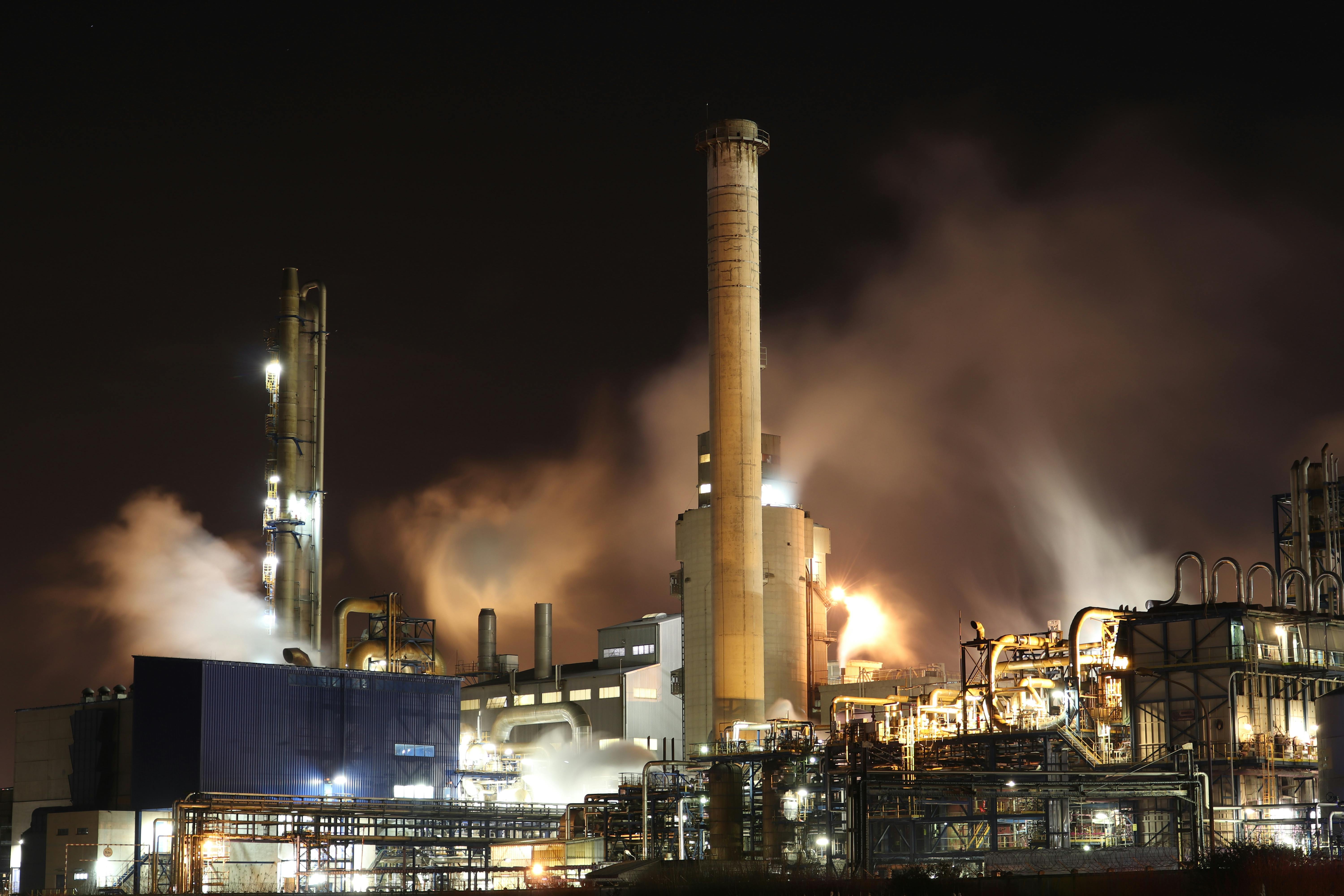
Oil consumption and production is always at the top of anyone’s thoughts when you think of countries and their effect on the world, but reserves can give an important insight into a country’s usage habits and situations. Read on for some interesting picks for countries with the highest oil reserves.
Malaysia
The small country on the coast of southeast Asia, Malaysia is the 28th in the world for holding oil reserves. This is accounting for about 0.22 percent of the world’s total. Malaysia meets its oil reserves rank with an equal oil consumption rank and a 25th highest rank of oil production, meaning that they have proven reserves equivalent to 13.9 times its annual consumption. Without Net Exports, Malaysia would have about 14 years of oil left.
The small country’s generally slower pace of life might go a long way to account for this. The island is made up of a few cities with vast swathes of rural land in between. Driving between destinations is a must with public transport generally low, but a rural lifestyle where enjoying the natural beauties on your doorstep is encouraged.
If you’re looking for somewhere to stay in Malaysia, search for rumah sewa to rent a house.
Norway
Norway is a country that tops the list for contribution to the planet and climate, with acclimates like leading the world in environmental initiatives like the highest electric car adoption and a governmental pledge to be climate neutral by 2030.
So, then it would be somewhat surprising to see that Norway is 22nd on a list of countries with the most oil reserves. They account for 0.31 percent of the world’s total despite their “friluftsliv” or “open-air life” culture.
Or perhaps not. Reserves mean oil is in fact not being used, with citizens in major cities encouraged to cycle around by Oslo’s 2019 European Green Capital infrastructure and an attempt to be car-free in the center.
Norway’s consumption of oil comes out at a middling 55th highest in the world, possibly due to its rural environment beyond Oslo creating a greater need for vehicles. However, it has come down since around 2001 and between its 13th rank in production and 22nd rank in the reservation, Norway has reserves of oil 69 times its annual consumption. This means that without Net Exports, Norway would have about 69 years’ worth of oil left.
Brazil
Brazil’s oil reserves have been rapidly increasing since the turn of the century. It is 15th in the world for oil reserves, with 0.98 percent of the world’s total.
That, with a ranking of 9th in the world for production and 7th in the world for consumption means their reserves means they will have another 15 years of oil left to use.
Crude and refined petroleum made up almost 9 percent of Brazil’s $219 billion export total in 2017, with most of it going to China and the United States. Brazil has made a determined effort to produce and reserve oil, with their production alone climbing by 27.5 percent in the last five years alone.
Maybe it’s a move towards a thinner gap between Brazilian classes. Maybe that’s naïve.
Russia
Russian government officials will be surely disappointed not to gain the top spot on any list, but one that makes them money especially.
At the moment Russia ranks 8th in the world, accounting for 4.8 percent of the world’s reserves. With their rank of 3rd in oil production but 5th in consumption, a picture starts to form of the world’s biggest country. Sure, they need a lot to get around such a vast and mostly empty country, but they are striving to find more in a world that is undoubtedly moving away from oil. They are one of only three countries in the world producing more than 10 million barrels of oil a day, along with the U.S. and Saudi Arabia.
With their current rates of the reserve, Russia’s oil will last 60 years without Net Exports, and that’s good since their economy relies heavily on oil revenue.
Venezuela
Venezuela, like a squirrel storing nuts for winter, is 1st in the world for oil reserves. But the real squirrel metaphor comes alive when you know that they are 12th in the world for production and 31st in the world for consumption.
A country in economic freefall, and facing ongoing political crises, has more proven reserves of oil than any other country in the world. They are heavily dependent on oil, with petroleum accounting for over 90 percent of their total exports.
All of this comes down to Venezuela storing away enough oil to last a whopping 1,374 years. Although, falling global oil prices and continuing to spend oil revenues on social services rather than adapting an antiquated extraction infrastructure for a world demanding to use less oil will probably contribute to making a bad situation worse.
